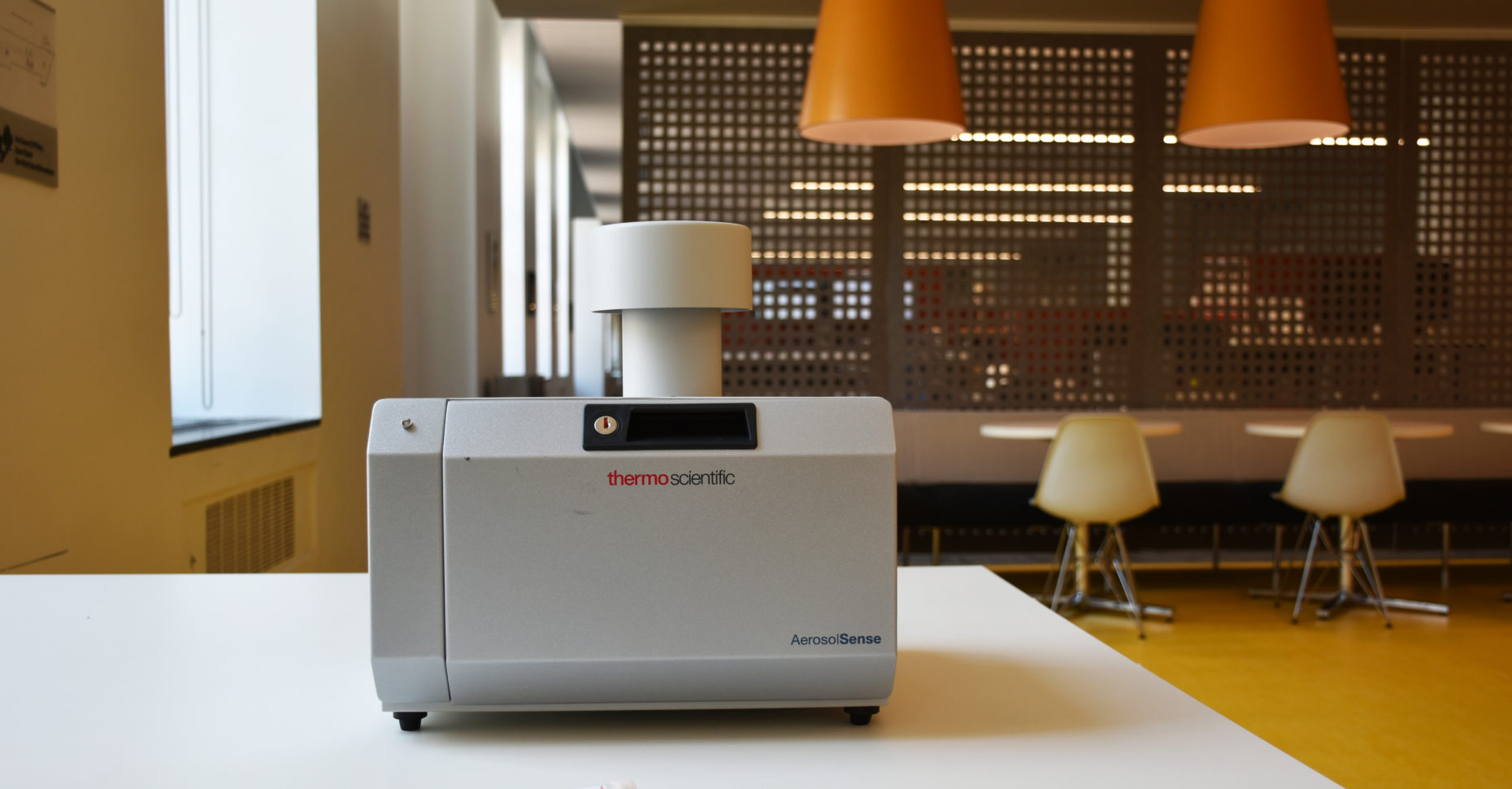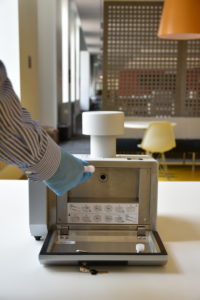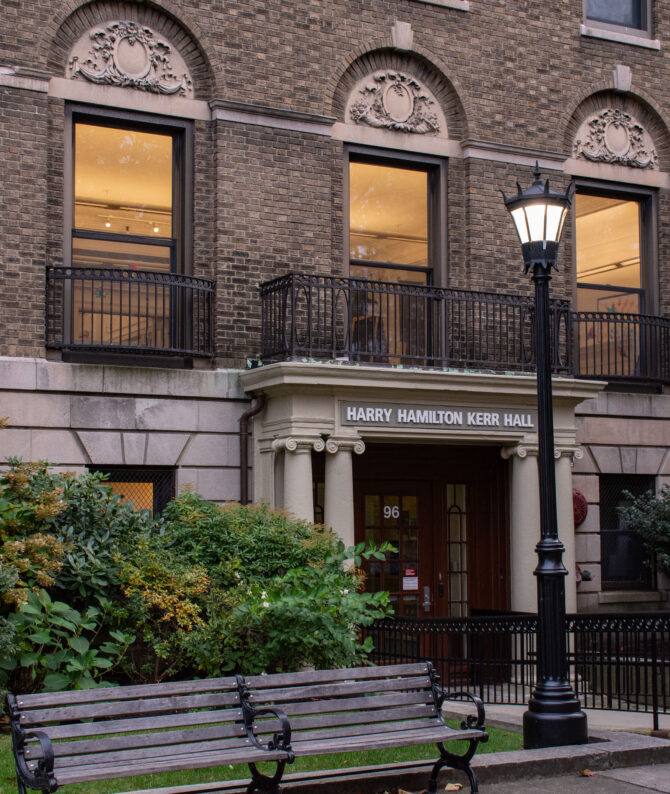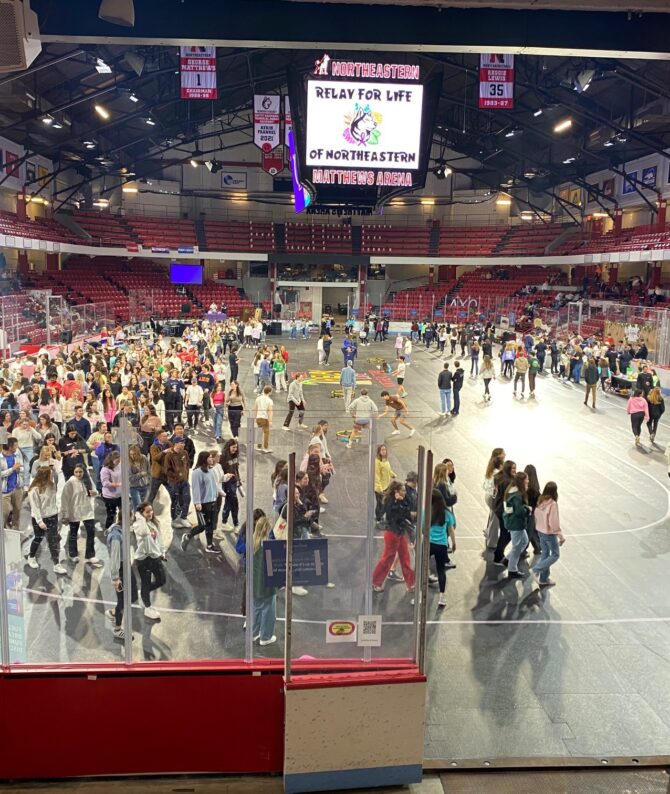“AerosolSense 2900 Sampler” – Safer and Cleaner Air on Campus

Detecting COVID in the air within hours might seem like a task that only a professional lab can manage, but this toaster oven-sized machine does just that in indoor spaces. Thermo Fisher Scientific, a Massachusetts-based provider of laboratory equipment, has recently introduced a quick, simple, and reliable way to detect in-air pathogens called the AerosolSense 2900 Sampler. This apparatus can catch various airborne pathogens, including COVID and the flu. It can also monitor indoor air quality using Polymerase Chain Reaction or PCR analysis.
Northeastern is currently in possession of 10 of these machines and is ready to deploy them throughout the campus as the population density increases during the fall semester. Eric Stewart, Assistant Vice Provost for Academic Space Planning, tells us that areas currently planned to receive these pathogen surveillance units will be high volume common spaces on the Boston Campus. They will include but are not limited to the Customer Service Center at Gainsborough, dining halls, testing centers, residence halls, and campus quarantine locations. A few operational units are already deployed at the Burlington Testing Center and Boston Campus. Currently, all test results have come back negative for COVID.
| How exactly does this machine operate? Joe Lalley, Associate Vice President of Operations, explains that it’s a relatively straightforward process. The machine takes approximately 3-4 hours to collect a sufficient number of particles from the air that sticks to a substrate within a removable cartridge installed within the sensor. Once the collection process is complete, trained HVAC staff and medical assistants wearing masks and gloves to avoid contamination withdraw the substrate back into the airtight syringe. Then the cartridges are sent to Life Sciences Testing Center (LSTC) at our Innovation Campus at Burlington for PCR testing. The entire process is completed in less than 24 hours. |  |
Northeastern University is dedicated to the safety of its community. As students and faculty return to campus in the fall, testing against COVID and its variants is a top priority. Utilizing these easy-to-use machines will also help the university detect early signs of spreading COVID pathogens allowing for rapid engagement of safety protocols.
In addition to these new air sensors, Northeastern continues to clean high contact public spaces and high touch areas. The university continues to maintain and operate building HVAC upgrades that include MERV 13 filters and UV light filters, coupled with the university’s symptomatic and asymptomatic testing centers, as it was doing since the beginning of the pandemic.
Written by Alex Gritsinin – July 26th, 2021
Photos by Christine Jones



